On Tuesday, April 12, Nanyang Business school invited to the third session of the quarterly ”CEO Breakfast Series” at the Fullerton Hotel in Singapore to explore challenges and opportunities when doing business India. Panelists, current NBS students, alumni and faculty engaged in a lively sharing session of the benefits of investing in India, discussed obstacles that individual and institutional investors face when entering the Indian market, and outlined the rewards of a long term foothold in the fastest growing economy of today.
Associate Dean of Graduate Studies at Nanyang Business School, Professor Nilanjan Sen, introduced the crisp 90-minutes sharing session on the opportunities and challenges when doing business in India by addressing the current macro- and microeconomic context of the largest Commonwealth country. India is not only affected by the slowing demand of the superpower China, a shrinking export market, and more conservative investment policy of the west but also fights against typical internal challenges of an emerging market. Touching on the 3 dimensions of future growth, Prime Minister Modi´s 3 D, demand growth, demography, and democracy, Professor Sen opened the stage for five expert speakers of Indian descent to present their views on the Indian market, and the prospects for foreign investments.
The majority of panelists who joined the early morning event to elaborate on their experiences with doing business in India has significant professional experience in banking and investment management, or held senior positions with large multinational corporations, so that the audience large benefitted from a pool of real live experiences and insider insights.
Even though India allegedly is the fastest growing economy with a 6-7% average annual growth rate, the seemingly attractive percentage by itself represents a far smaller absolute economic growth in India than a 6-7% growth rate in China. Also, the challenges that institutional investors and multinational corporations face in when expanding into booming markets with large one digit to double digit growth rates are fairly similar. Despite significant differences in the root causes of obstacles, doing business is not less challenging than doing business in other emerging markets.
India scores low on “ease of doing business” due to unusually frequent elections in the different states of its large territory, and political power struggles in the fragmented republic prevent a much needed consistency in decision-making and harms sustainable infrastructure investments. Hence, panelist advise to find a local partner to enter the fragmented and culturally diverse Indian market. Bringing a global brand to India, it is recommended to redesign one´s value proposition for the local market, as for example providing small quantities for daily demand to the the bottom of the pyramid and customise one´s offering for the Indian market to match cultural expectations. When looking for best practices on how to approach, and sustainably attach the Indian consumer in the long run, newcomers to can learn from successful MNCs, as global brands such as Czech “bata” and American “Colgate” are exceptionally well established in India, considering that the brands are commonly recognised for their “Indian” heritage by the local costumers.
When contemplating about gambling on India´s growing economy, panelist recommend to prioritise the prospering logistics industry which significantly benefits from the rise of Indian e-commerce. Further, investments into infrastructure and transportation are especially rewarding as they support the filling of institutional voids, and lay the ground for the country´s road to unparalleled commercial success.
Still, India´s current competitiveness is suffering from a below standard road network and the country is severely disadvantaged by its complex regulatory, taxation and public administration system. MNCs seeking to cater for the needs of the upscaling middle class of Indians, face a series of appointments appointments when knocking on the doors of governmental offices to beg for the necessary approvals needed to start a business, or even wait up to 13 months to simply cut a tree. Panelist report that they have seen peaks of 100 plus approvals needed to get going on an investment project and Foreigners and Indians alike criticise the artificially erected bureaucratic hurdles and missing dynamics of the Indian market, prompted by an unnecessary complexity that foreign investors encounter when dealing with Indian authorities.
Although the challenges highlighted during the 2016 panel discussion have been present for over one decade, they have not been properly addressed so far. Yet, India still promises 7.7% annual growth due to the the peoples’ entrepreneurial spirit and the prevailing start-up culture that builds the backbone of India´s competitiveness and promotes technical innovation and unique solutions to global challenges. In addition, public and private sector joined forces to spot the gap in global manufacturing capabilities and aim to position India in an untapped niche as a specialised manufacturing service provider that might translate to a distinct competitive advantage which will allow India beat other emerging economies in the race for FDI.
Supporters of crisis-prone, but inventive India highlight the public sector´s increasing investments in infrastructure and manufacturing capabilities, and predict a stable upward trend for Indian society and the standards of living, eventually leading to improvements in the ease of doing business. Yet, despite all promising prospects, there are different viewpoints on doing business in India. Experts cast a critical eye on India´s demographics, its sluggish reform progress, and suggest carefulness in dealing with authorities. The tax bureau might have announced taxation reforms and committed to creating more investor-friendly business environment already a few years back, but is actually just about to pass the GST and tax reform bill. While the US Fed hikes interest rates, US foreign investment streams dry up, liquidity flows out of India and tells the uprising country to combat corruption and social unease in its the multi-religious and multicultural Indian society before the money comes back. A nation that is publicly characterised by the lavish lifestyle of its billionaires and their excessive spending rather than a conservative savings policy, struggles to attract investments in the light of previously disappointing foreign engagements.
Going forward, investors are strongly advised to set the right expectations instead of hoping to reap short term profits from businesses in India. First, one has to obtain clarity on the target segments, and business goals, to find its sweet spot in the vast Indian market. Despite continuous progress on the reform and regulation front, India seems to be market that rewards investors to come to stay, and punishes those looking to reap short term benefits. Hence, the recipe for success in India involves a step by step approach that acknowledges the diversity of a country which is best compared to is culinary richness: analyse the customer, understand the recipe to success, select ingredients, cook a sample and then scale-up.
By Melina Loeven
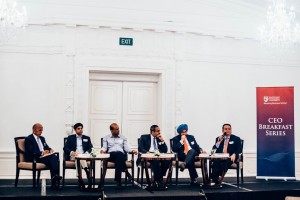
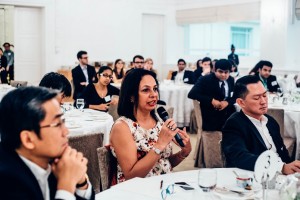
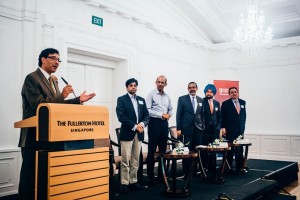
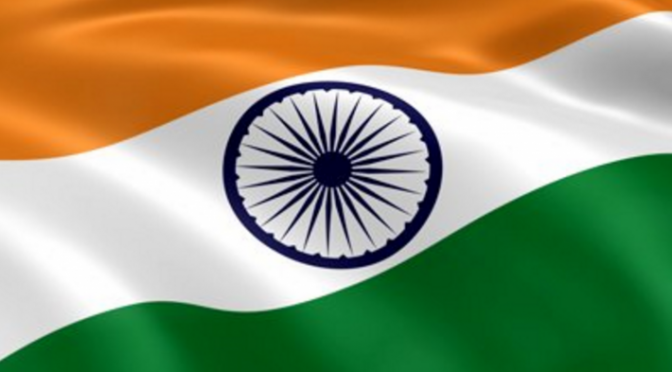
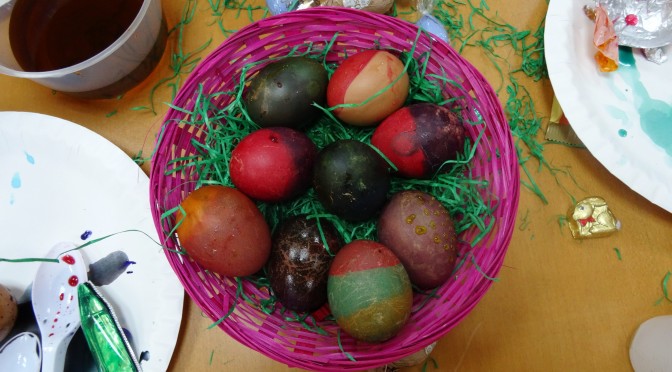
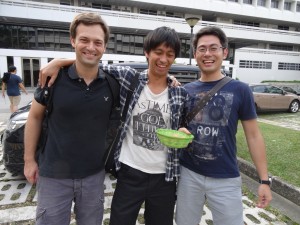
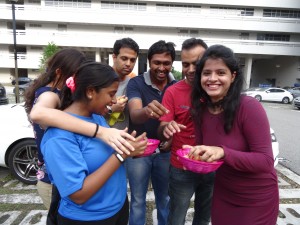
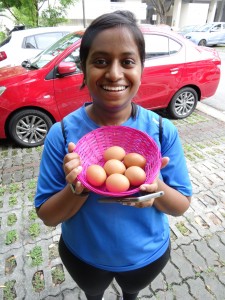


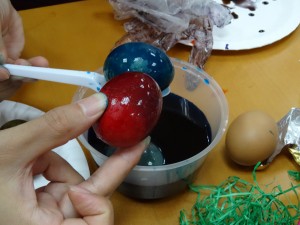
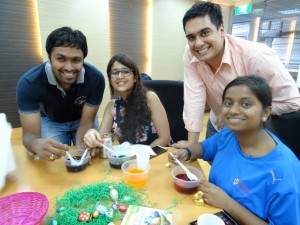
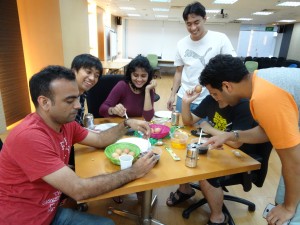
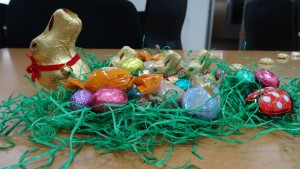
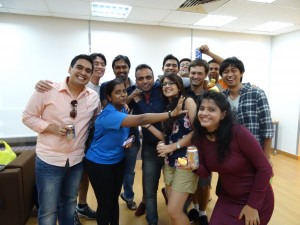

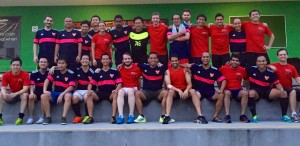

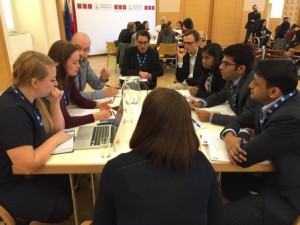
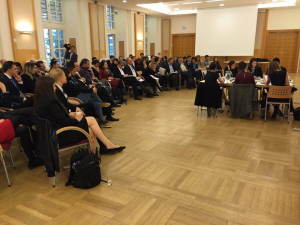
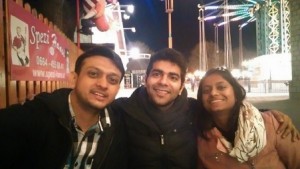
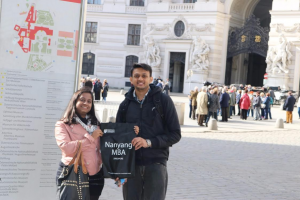



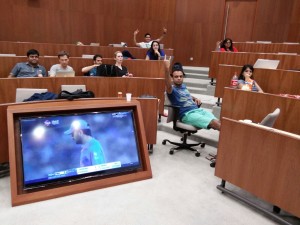
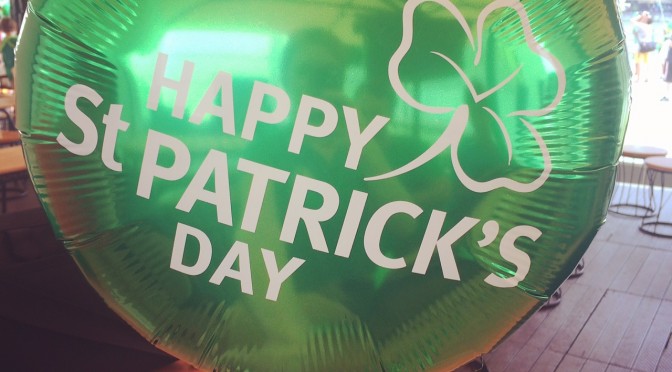






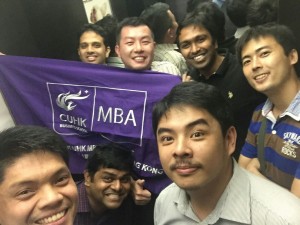
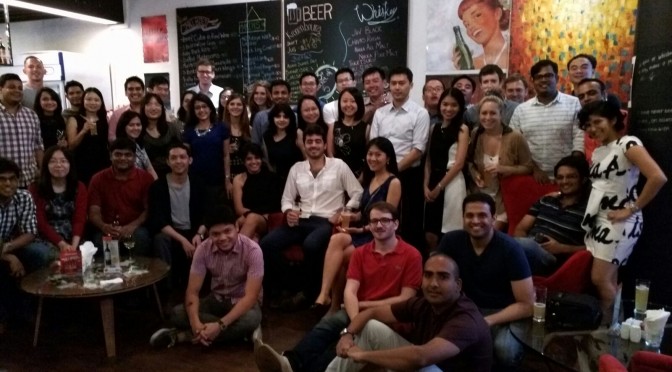
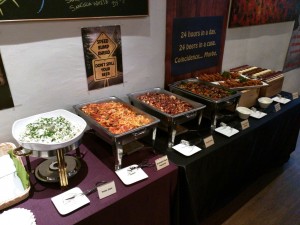
You must be logged in to post a comment.